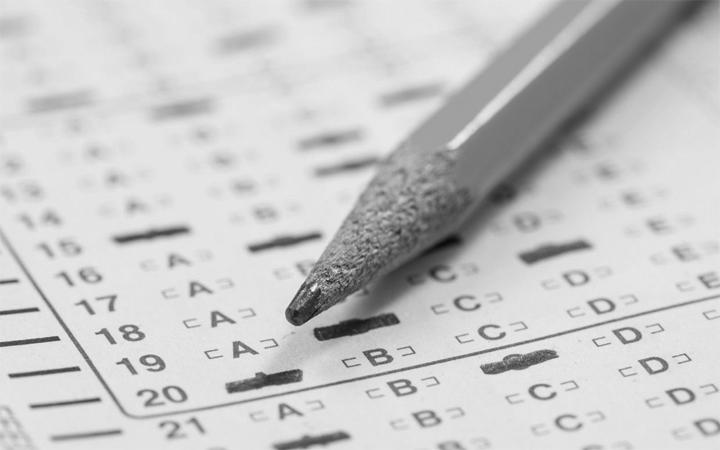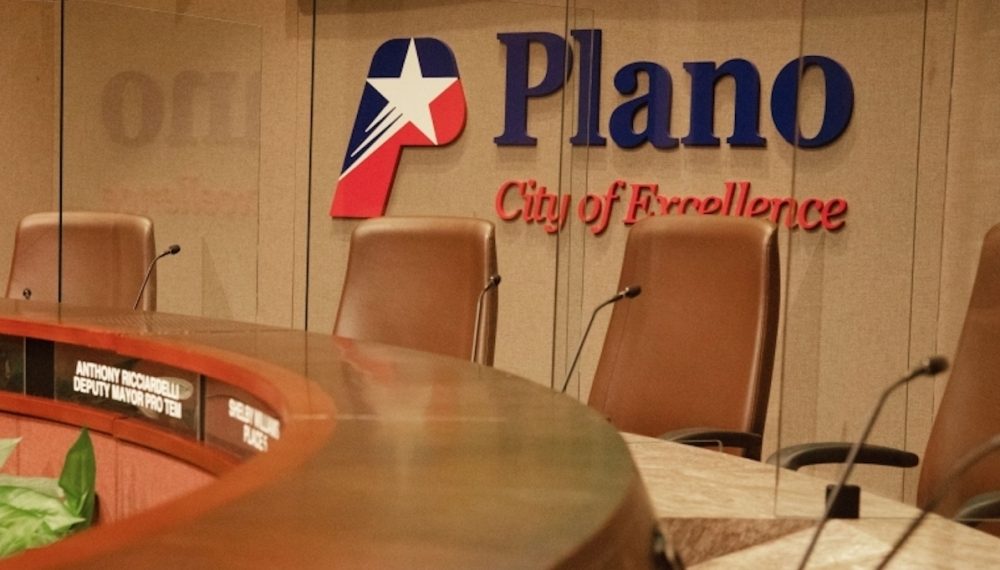Standardized testing inadequate
November 16, 2016
Standardized testing is a poor indicator of academic readiness, drawing attention away from students’ good grades and extracurricular activities.
As many seniors get ready for the next four years of their lives by applying for college, a huge emphasis is placed on their standardized testing scores. Colleges justify this by describing standardized testing as an objective measure of student readiness for college, amid differing course curriculums across the country.
However, the enormous drawbacks, from overreliance on test scores to undercoverage of success, outweigh the benefits. According to leading American education policy researcher Gerald W. Bracey, the expansion of standardized testing has not correlated with an expansion of knowledge on how standardized testing should be used.
Although standardized testing can be an accurate assessment of how well students know facts and concepts, it measures only a fraction of other important aspects of education, missing out on critical thinking, creativity and motivation.
Educational institutions often fail to fully understand this, praising those with high test scores and ignoring those with low scores. Average SAT and ACT scores for admission often make it onto one of the first pages in a college brochure, immediately implying to prospective students that scores are the most important.
The reality is strikingly different. For successful futures, students need to be more than just test scores. Students who get involved on campus, form interpersonal connections with professors and teaching assistants and plan ahead are successful both in college and beyond. Excessive attention to test scores neglects these valuable traits, since students become overly focused on improving scores and unable to take the time to develop themselves.
Evidenced in a 2015 survey by Hart Research Associates, professors across the country agree that the growing importance placed on standardized testing is faulty. A mere 14 percent of college faculty believe that students are prepared for college when they arrive, with a staggering 82 percent finding students’ critical thinking skills inadequate.
Additionally, recent research shows the increasingly diverse paths towards academic readiness. Cognitive psychologist Scott Barry Kaufman argues that engagement, not standardizable metrics, are a truer assessment of academic readiness. In a survey this year on what best represents effectiveness of public schools, Gallup found that a drastically higher percentage of American K-12 superintendents found student engagement more important than standardized test scores, a margin of 88 percent to 14 percent.
With the developing changes in how American education is implemented and taught, the current emphasis on standardized testing is archaic. Clearly, the current usage of standardized tests in American education is misguided, especially if the country’s educators and scientists are repeatedly noting its ineffectiveness.
As such, while students cannot completely neglect standardized testing, there must be a clear pivot away from its prominent role in academics today. Students must realize that standardized testing is not the be-all and end-all of college admissions as is commonly believed. There is so much more to an application, from stories conveyed through essays to passions and interests conveyed through activities resumes. College admissions counselors often tell students to show themselves in their applications. Follow their advice, and allow applications to show academic readiness in more ways than one.







